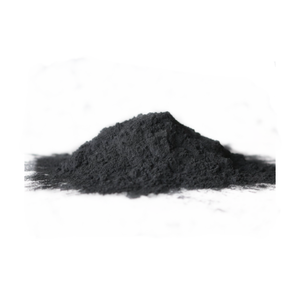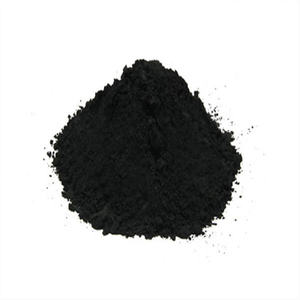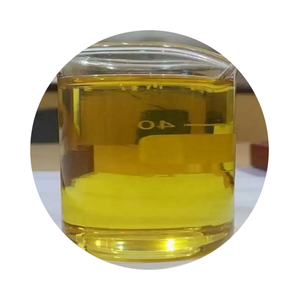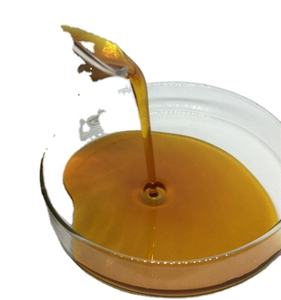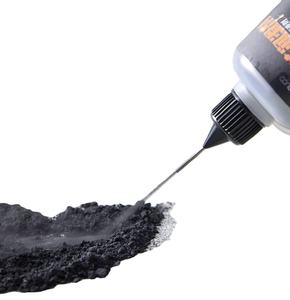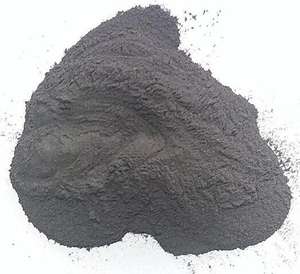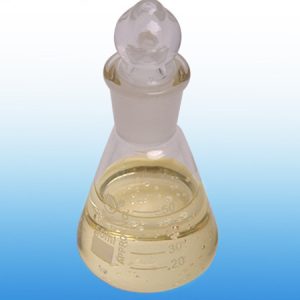One-stop lubrication solution | Discover the way to smoothness | Infomak
Sizzle & Slide: Your 2024 Guide to Top-Tier Lubricating Substance Grease .
(2024 Hot Made In Lubricant Grease)
Fail to remember boring oil adjustments. The genuine unrecognized hero keeping makers humming smoothly, silently, and efficiently is typically Lubricant Grease . This thick, gooey champion works tirelessly within bearings, joints, and equipments everywhere. Consider it as the utmost peacekeeper, protecting against friction’s devastating battle. The year 2024 brings interesting developments in grease technology. We’re puncturing the hype to explore what makes modern-day lubricating substance grease tick, why it’s crucial, and how it powers your world. Ready to dive into the glossy information?
1. Just what Is Lube Grease? .
Lubricating substance oil isn’t simply thick oil. It’s a cleverly engineered material. Photo it like a sponge. That sponge is the “thickener,” normally a soap made from materials like lithium, calcium, or complicated natural compounds. Saturating inside this sponge is the “base oil,” the actual lubricating fluid. Additives are the unique sauce blended in. These improve efficiency. They combat rust, reduce wear, handle extreme pressures, or resist water washout. The thickener holds the oil and additives in position. This protects against dripping or dripping. When machinery actions, the thickener launches simply sufficient oil to develop a safety movie between moving parts. The thickener framework after that draws the oil back in when things quit. This unique semi-solid nature makes oil best for spots where liquid oil simply can’t stay put. It sticks where it’s needed.
2. Why Lubricating Substance Oil is Definitely Vital .
Friction is the opponent. When steel grinds against metal without protection, poor points take place. Heat builds up fast. Components break prematurely. Energy is wasted. Effectiveness declines. Catastrophic failure can comply with. Lube oil is the frontline protection. Its primary job is straightforward: keep surface areas divided. That oil film stops direct metal-to-metal call. This substantially minimizes friction and wear. Less rubbing indicates less warmth. Less warmth means components last much longer. Grease likewise acts as a seal. It maintains dust, dust, and water out of important spaces. It maintains the lubricating substance in . This contamination control is important for lengthy component life. Oil quiets noisy operations. It dampens resonances. It protects against corrosion. Without oil, our devices– from small electric motors to enormous industrial equipment– would certainly take up, get too hot, and fail in a snap. It’s the quiet guardian of motion.
3. Just How Lubricating Substance Grease is Made (It’s Scientific Research!) .
Producing high-performance lubricant grease is an accurate process. It starts with selecting the appropriate base oil. Mineral oils are common and cost-efficient. Artificial oils (like PAO, ester, or PAG) are used for harder work. They take care of larger temperature varieties and last much longer. Following comes the thickener. Manufacturers integrate fats (frequently from pet fats or veggie oils) with a metal hydroxide (like lithium hydroxide). This reaction develops the metal soap thickener. This blend is cooked under controlled warmth. This “saponification” procedure develops the thickener’s framework. The base oil is after that added and combined in. This step is critical. It establishes the grease’s consistency– how soft or tough it is. Ultimately, efficiency additives are blended in. These can include anti-wear representatives, rust preventions, severe stress (EP) substances, or anti-oxidants. The entire batch undergoes strenuous screening. Examinations check uniformity (NLGI grade), dropping point, water resistance, wear security, and more. Only after passing these tests does the oil get packaged.
4. Key Applications: Where Lubricant Grease Shines .
Lubricant grease is all over. It keeps the wheels transforming, essentially and figuratively. Here’s where you’ll locate it working hard:.
Automotive: Wheel bearings, framework points (ball joints, connection poles), universal joints, door hinges, sunroof tracks, also some engine elements like the timing belt tensioner.
Industrial Machinery: Electric electric motor bearings, conveyor rollers, gearboxes (particularly open equipments), pumps, followers, crane hooks, rail curves, mining devices joints.
Farming: Tractor pivot factors, incorporate farmers, plow bearings, watering system elements subjected to dirt and water.
Building And Construction & Heavy Devices: Excavator container pins, excavator track rollers, crane slewing rings, hydraulic hammer bushings– anywhere hefty tons fulfill dirt and shock.
Home & Durable Goods: Garage door openers, lawnmower pins and wheels, bike pedals and chains (though oils are common also), home appliance electric motors (washer, dryer), power devices.
Marine: Watercraft trailer bearings, winches, deck fittings, strict drives– dealing with constant water exposure and salt deterioration.
Aerospace: Vital aircraft components (touchdown equipment, control systems), though under exceptionally stringent specifications.
5. Lubricant Oil Frequently Asked Questions: Your Burning Inquiries Addressed .
1. What does the “NLGI Quality” mean? It represents National Lubricating Oil Institute Grade. It measures oil consistency, like its solidity. Varieties from 000 (really fluid) to 6 (really hard, block-like). Grade 2 prevails for general-purpose bearings. Your devices guidebook defines the needed grade.
2. Can I blend various oils? Prevent it when possible. Mixing inappropriate thickeners (like lithium and calcium soap) or base oils can cause the oil to soften excessively or harden up. Efficiency drops. Clean old grease entirely before changing kinds.
3. Exactly how commonly should I oil my devices? There’s no single response. It depends upon the maker, operating problems (heat, dust, dampness), lots, speed, and the oil type. Comply with the maker’s timetable. Look for indications like noise, warmth, or noticeable grease leakage/deterioration.
4. What’s the difference between oil and oil? Oil is oil kept in a thickener. It stays. Oil is a liquid that flows conveniently. Use grease where parts require lubrication but sealing is poor, where leaking is bad, or for infrequent lubrication factors. Use oil for high-speed bearings, confined transmissions, or circulating systems.
5. What’s “Extreme Pressure (EP)” grease? It has unique ingredients (like sulfur or phosphorus compounds). These create a safety sacrificial layer on steel surfaces under very high tons or shock. Avoids welding or extreme wear. Crucial for gearboxes, durable bearings, and building and construction tools.
6. Is synthetic grease worth the added cost? Often, yes. Artificial base oils deal with severe temperatures (both hot and cold) far better. They withstand oxidation much longer. This implies longer oil life, far better defense in extreme conditions, and potentially longer relubrication periods. Critical for requiring applications.
(2024 Hot Made In Lubricant Grease)
7. Can old oil spoil? Oil can break down with time. Direct exposure to warm, air, and moisture creates oxidation. The oil can divide. The thickener can break down. Using degraded oil supplies bad security. Inspect kept oil. If it’s tough, split, oily, or smells rancid, don’t utilize it. Comply with shelf-life suggestions.
